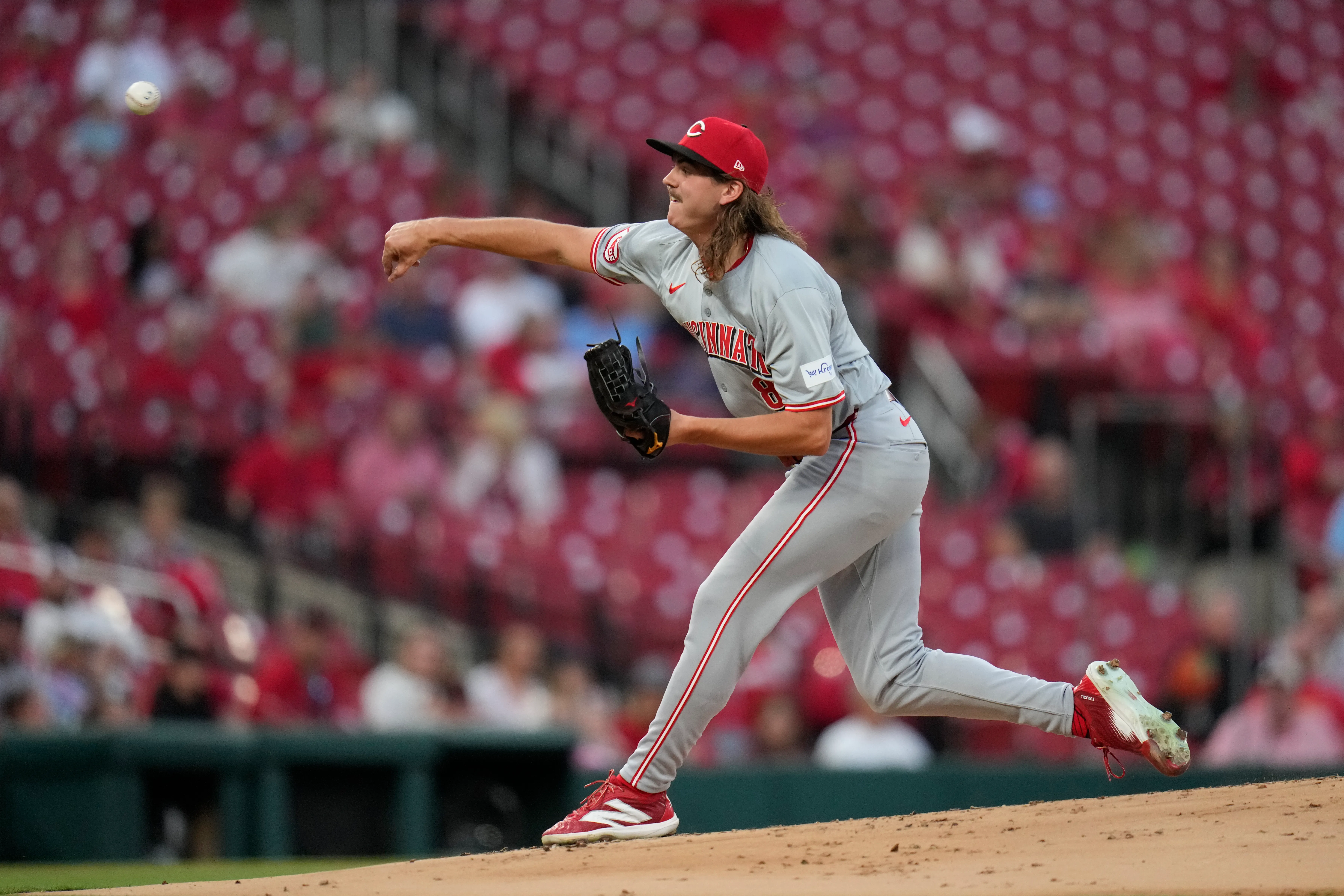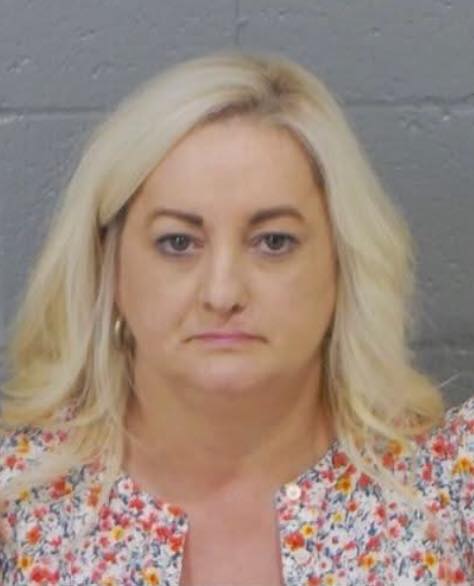LARRY PENKAVA COLUMN: What’s in the attic?
Published 1:42 pm Friday, March 4, 2022
|
Getting your Trinity Audio player ready...
|
Science has finally confirmed what I’ve believed for years: There’s clutter in my attic.

Larry Penkava
When I say attic, I’m talking about my brain, the gray matter that collects all kinds of junk.
As I’ve aged, there’s not a decline in my total memory bank. Au contraire, my memory is overloaded.
Now scientists are backing me up, for which I say, thank you.
As I observe my 75th birthday (March 2), this is the gift that keeps on giving. According to medicinenet.com, “Seniors struggle with memory not because they have trouble remembering things, but because their minds are too overloaded with a lifetime’s worth of memories.”
But there’s more to the story, and it’s delightful: “…This brain clutter actually gives older people an advantage over younger people when it comes to tasks involving creativity or wisdom.”
Take that, grandkids.
So, let’s put into layman’s terms just what the experts are now saying about the cluttered attics of us oldsters. Imagine you’re looking for your wedding album so you can use some photos for your 50th anniversary. (Personally, I’ll let my wife Ginny take care of that.)
You think the album is in the hall closet so you open the door, only to find yourself underneath piles of stuff that’s collected during those 50 years.
“Hey,” you say, “here’s Johnny’s old firetruck. I haven’t seen that in years. Wonder if he wants it back to give to his son, Billy.”
As MedicineNet says, “Maybe you get distracted by another, more enticing item from your past. Or you find the object you’re seeking but it’s intertwined with six similar items, and withdrawing the one will drag out the entire tangle.”
“There’s this prevalent idea that older adults’ memories are kind of impoverished, or they have weak memories that do not contain a lot of information,” said Tarek Amer, a postdoctoral research fellow at Columbia and Harvard universities. “But based on a lot of evidence, we’re actually arguing the opposite. Older adults store too much information, so in a sense they have a harder time focusing their attention on one piece of target information and exclude all sorts of other distractions,” he said.
What the article is saying is that we old folks have to dig through a bunch of information we’ve collected over the years while looking for a specific fact or piece of knowledge.
It’s like when you’re trying to remember the name of someone from the past. “I know his name is John, but I knew a dozen Johns during that period of my life.” Then all the other last names come to your mind, interfering with your attempt to recall the specific John’s last name.
I’ve often compared this to a computer. Given enough time and stored data, the files become jumbled and have to be de-fragmented.
Fortunately, I think, most computers nowadays defrag themselves on a regular basis.
However, my brain isn’t programmed to de-frag itself. Therefore, my files have become a fragmented mess.
I may be writing a column and am looking for a certain word. I know the meaning but the word won’t come to mind. It’s frustrating because my mind keeps pushing forward these other words that are nice words but not the right word.
But there’s good news, after all. With the tons of data we’ve accumulated over a lifetime, we have more to share with others.
Particularly with those smarty young people.
Aaron Bonner-Jackson, a neuropsychologist with the Cleveland Clinic, can see advantages in the cluttered minds of the elderly.
“They may be asked a question and then because they have so many associations, that might trigger an old memory or the name of a person or something they did in the past,” Bonner-Jackson said. “Reminiscing can be very pleasurable for older people, because they can often make associations with more things.”
Do you know old guys who, starting out talking about a specific topic, wind up going around the world? That’s all those cluttered reminiscences coming to the forefront.
As Bonner-Jackson said, “Reminiscing can be very pleasurable for older people, because they can often make associations with more things.”
Leaving our younger acquaintances scratching their heads because, well, they just don’t have nearly as much in their brains as us oldies.
And that’s worth celebrating, if you ask me.
Larry Penkava is a writer for Randolph Hub. Contact Larry at [email protected] or 336-302-2189.






